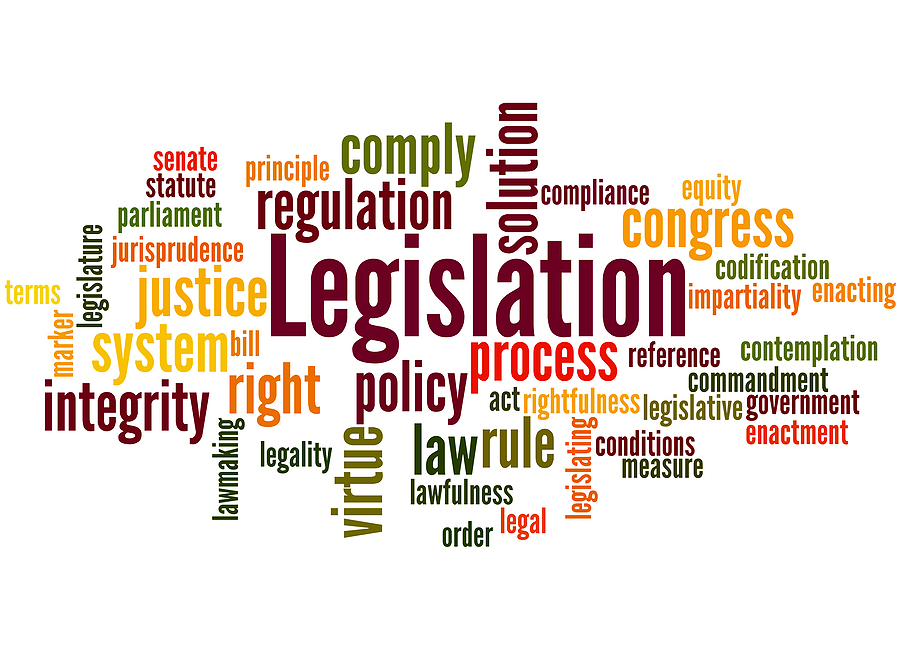In recent years, there has been ongoing discussion and debate about potential changes to the Social Security system in the United States. This year is the same as the Social Security Administration, which is considering numerous changes for 2025.
As the population ages and life expectancies continue to increase, Social Security policymakers and experts have considered various adjustments to ensure the program’s long-term sustainability. Here are three significant discussions currently underway that may impact 2025 forward.
Revising the eligible and normal retirement ages
One proposed change garnering significant attention is adjusting the full retirement age. Some proposals recommend a further increase to 68 or even 70. Proponents of this change argue that it would better align benefits with longer life expectancies and reduce the financial strain on the Social Security system.
Starting in 2025, the normal retirement age (NRA) and the earliest eligibility age (EEA) for those age 62 will increase by three months per year. The EEA will reach 64 in 2032, and the NRA will reach 69 in 2032.
Cost-of-living adjustment
Another proposed change concerns calculating cost-of-living adjustments (COLAs) for Social Security benefits. Some policymakers have suggested using a different index, such as the Chained Consumer Price Index for All Urban Consumers (C-CPI-U), to reflect changes in the cost of living accurately. This adjustment could result in a lower annual increase in benefits but is a way to improve the accuracy of COLAs.
The COLA may be 2.6% in 2025, down from 3.2% in 2024. A COLA of 2.9% would increase the average Social Security retirement benefit by $54 a month, starting in January 2025
Social Security payroll tax reform
Additionally, there have been discussions about potential tax reforms to address Social Security’s funding challenges. These include proposals to increase the payroll tax rate, subject higher income levels to the payroll tax, or implement a new tax on investment income. These changes aim to improve the revenue flowing into the Social Security trust funds and ensure the program’s solvency for future generations.
Any proposed changes to Social Security will likely have significant implications for current and future beneficiaries and workers who are still contributing to the system. As such, policymakers must carefully consider the potential impacts and ensure fair and equitable adjustments.
In conclusion, the proposed 2025 changes to Social Security reflect the ongoing efforts to address the program’s long-term financial sustainability. While these proposals aim to ensure that Social Security can continue supporting retirees and individuals with disabilities, they also spark essential discussions about the best path forward for this critical social safety net.
